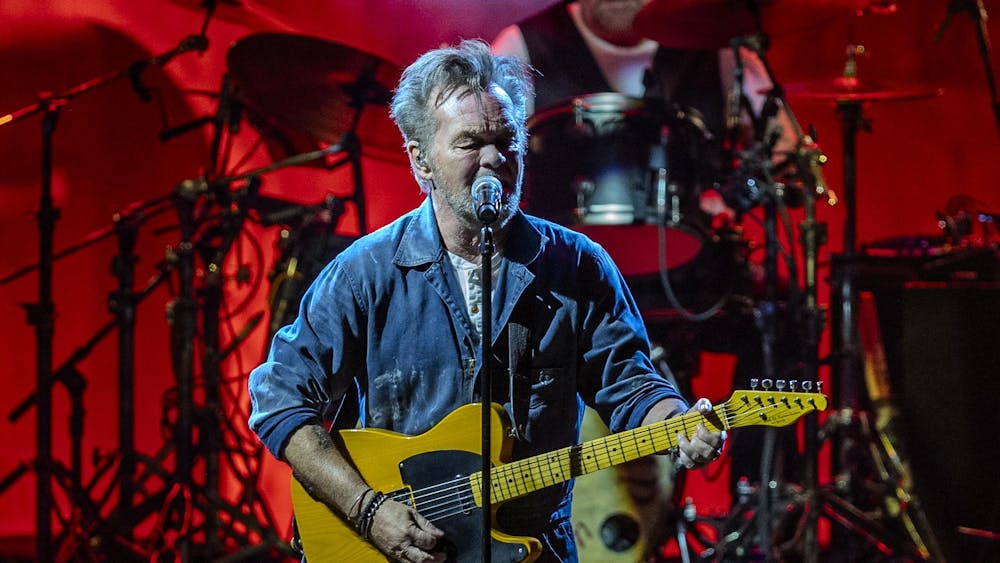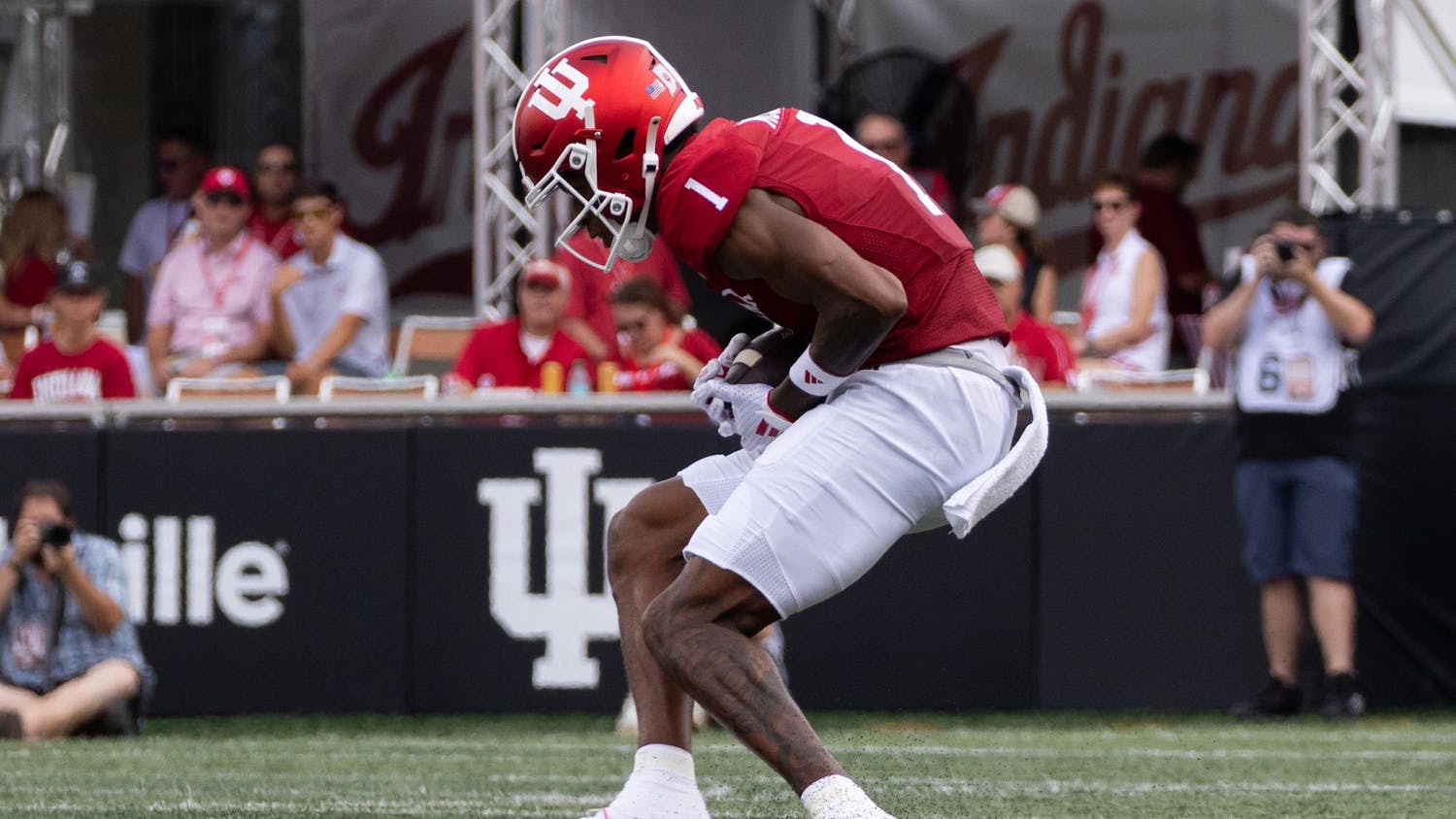I have been in Ireland.\nI have sat on stone seats once occupied by first-century Celtic kings on the Aran Islands. I have touched fifth-century Celtic crosses at Clonmacnoise. I have stood on the Cliffs of Moher. I walked out into the sea on the Giant's Causeway, a natural wonder of the world. I felt the energy of Europe's fastest-growing city in Galway. I was speechless looking out at the incredible rolling mountains and crystal clear lakes in the green Ring of Kerry. I have watched lines of people kiss the Blarney Stone in Cork. \nI have sat in pubs listening to local musicians while having drinks with new friends. I knuckled down with Irish rugby fans as Ireland hung on to defeat England and win the Triple Crown. I have strolled through the same parks and side streets as the famous writers Wilde, Joyce, Beckett, Shaw and Yeats. I have stepped into the jail cells that housed Irish patriots before they were executed. I have walked along the dividing walls in the north. I have felt 30-year-old Bloody Sunday bullet holes in Derry. I have seen the history of the troubles painted on the murals in Belfast. I have watched people eagerly bringing Ireland into the 21st century. \nI have seen people fearfully hanging onto the past. I have sat on the trains filled with the new faces that have immigrated to the booming "Emerald Isle." I have lived in the city of Dublin. I have seen the prosperity of the economic boom dubbed the "Celtic Tiger." I have seen the desperation and disillusioned expressions on the faces of the poor people the tiger has passed by, as the economic division grows in the country. I have seen the faces of many young people struggling with heroin addiction, a drug that has a firm grip on a minority of the population. I have smelled the smoke on the streets when unrest erupts. I have seen the Ireland we send home on postcards, and the Ireland that hides in the shadows of the country's charm and success.\nOn Easter Sunday, I stood with friends in front of the General Post Office on O'Connell Street, the center of the city's Easter and Independence celebration. Ninety years ago in 1916, Irish Patriots rebelled against the English. On the morning of April 24, 1916, organized groups of rebels attacked important landmarks all over the city. The main position was the GPO. James Connelly, Padraig Pearse, Joseph Plunkett, Thomas McDonagh, along with many others took over the GPO, and for five days the Irish tri-colors flew from the building. \nThese men knew their rebellion would not defeat the powerful English army. Before and after the uprising, this idea of a "blood sacrifice" had been preached as what was needed for independence. All of the leaders were jailed and executed except for American-born Eamon De Valera. The last to be executed would be James Connelly, who was seriously injured during the fighting. The English kept him alive for execution. He told his wife before he was taken to his death, "Hasn't it been grand life Nora, and isn't this a wonderful way to go?" The deaths of these men, especially Connelly, stirred the public and the flame of independence was ignited. De Valera would later be elected the first president of the Irish Republic in 1922. \nAs I stood shoulder-to-shoulder amid tri-colored flags and voices singing the national anthem, I looked down O'Connell Street at the sea of faces on the sidewalks and hanging off every lamppost and phone booth on the street. Dublin was seeing its first military parade. As I moved down to the bottom of O'Connell Street and onto the bridge separating the city, I observed the hoards of people proudly watching the festivities as jets blazed across the sky and flags flew from every window. I wondered what Pearse, Plunkett, De Valera, McDonagh and Connelly would think if they could see their Ireland. I wondered what they would say, or if they would say anything. \nThey would have to be proud with all the people that are coming for the first time to this land of opportunity. They would have to worry about the second largest economic gap in Europe and the drugs and crime it brings with it. But they would know Ireland has a chance for great things, and I believe that chance is what those men fought for. With all its good and bad, Ireland has come a long way from that chilly Easter day 90 years ago.
Looking back on a semester in Ireland
Get stories like this in your inbox
Subscribe





